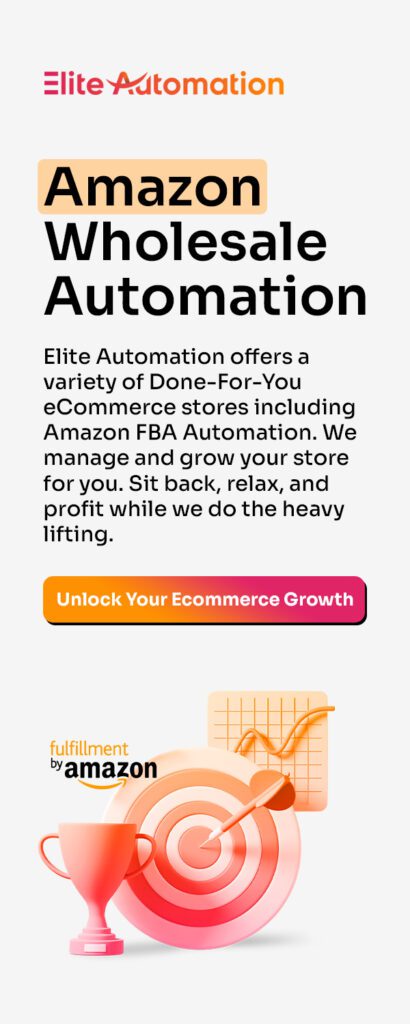Having an e-commerce store in multiple languages is beneficial for a number of reasons, primarily because it gives your business the opportunity to reach a much wider audience. If you’re an international brand, or simply have customers who speak other languages, having an e-commerce website that’s available in several different languages can help you sell more products and services.

Why Operate A Multilingual E-Commerce Store?
The first reason having an e-commerce store in multiple languages is beneficial is because it will increase the size of your customer base. If you have customers who only speak Spanish, they won’t be able to shop on your USA English-written website. But by offering your site in Spanish as well, they’ll be able to purchase from you without having to worry about translation issues or other problems that arise when shopping abroad.
The second reason having an e-commerce store in multiple languages is beneficial is because it can increase sales by making it easier for people from around the world to find what they’re looking for on your site. If someone from Japan wants to buy something from America but doesn’t speak English very well, then there’s no way for them to find what they want; however if both countries’ websites were available in both languages then people could just search for whatever it was they wanted instead of having to rely on translations.
In a global economy, having a localized website is essential to attracting new customers from different countries. Customers who speak different languages will want to use your site when they can read it in their own language. If you’re selling products internationally, this can make all the difference in the world!

SEO Favors Multilingual Websites
This is also important for SEO purposes; search engines like Google will rank sites higher if they’re available in multiple languages. The more languages you have available on your site, the better chance you have at getting high rankings and driving traffic to your website.
Additionally, if you’re selling products online, having an e-commerce store in multiple languages can help you increase sales by increasing the number of people who can find your site.
For example, if you know that there are many people searching for “shoes” on Google, but none of them are clicking through to an English-only shoe site because they don’t understand what they’re seeing. Offering shoes in other languages would allow those people access to information about what kind of shoes are available on your site. So when a Spanish-speaking person searches for “zapatos” on Google tomorrow, they’ll find their way over to your site more easily than before because it’s bilingual!

Native Language Affinity
There are many reasons why people prefer hearing their native language. First, it helps them to express themselves better, because they can talk more freely and without any hesitation. Second, it helps them to understand others better because they know what the other person is saying. Thirdly, it makes people feel more comfortable when they speak the language they are most familiar with.
There is a cognitive reason. It’s easier to understand a language that you know well than one you don’t know at all. When we hear our native language, we can interpret it without having to think about it too much, but when we hear another language, we have to work harder at understanding it.
Lastly, there is an emotional reason. It feels good to hear your native language because it reminds you of home and family. If someone speaks your native language in front of you and they are angry or upset, then it’s probably not going to make you feel good! When you’re reading a product description in your native language, you’re more likely to make a purchase.

Final Words
In conclusion, there are many factors that increase conversions on e-commerce sites. Naturally, a multilingual website will lead to more purchases!
E-commerce websites depend on their ability to convert visitors into customers. In order to do so, they have to offer the user an experience that is optimized for purchase.
One of the most important factors that affect conversion rate is usability (or UX – User Experience). If a website is not easy to navigate or difficult to use, users will be less likely to buy from it. For example, when a site does not allow users to search for products by category, size, or brand name, they will be more likely to abandon their carts and go elsewhere.
Another factor that affects conversion rate is trustworthiness: if a site looks unprofessional or seems untrustworthy in some way (such as by having broken links), then it will turn off potential customers who may have otherwise been willing to make a purchase. The same goes for sites with low-quality images or videos—these also give off an impression of neglectfulness which can turn away potential buyers.
Finally, social proof is also important: if your site has positive reviews and testimonials from other people who have purchased from you in the past, then this can increase your conversion rate because it makes people feel more comfortable about buying from you again in the future (or at least reduces their hesitance).


